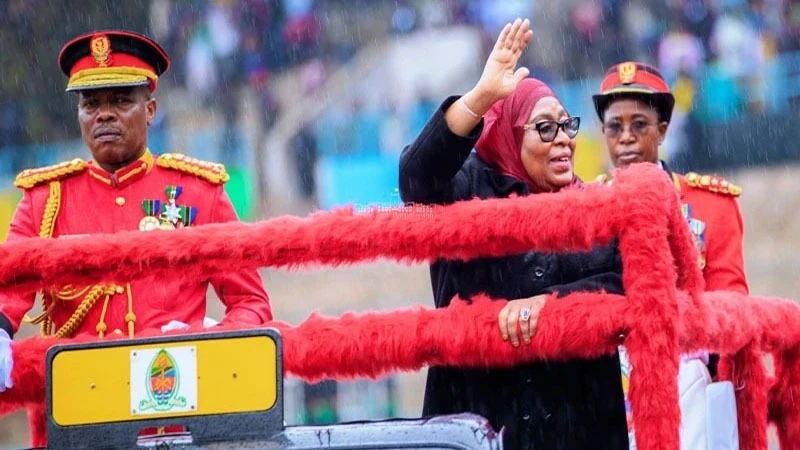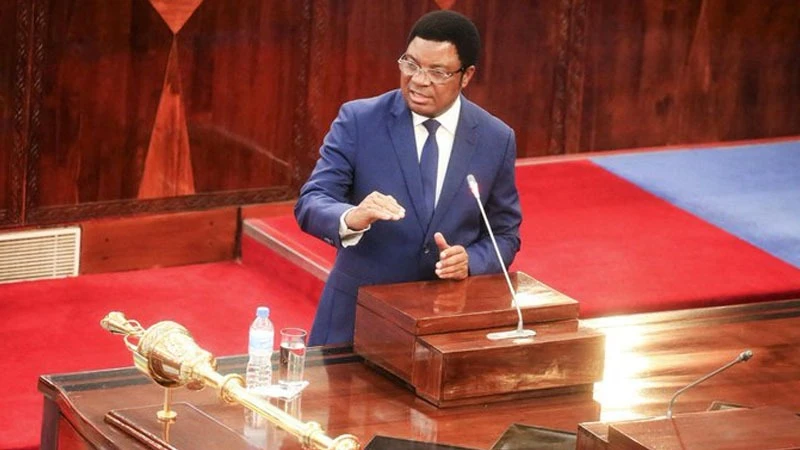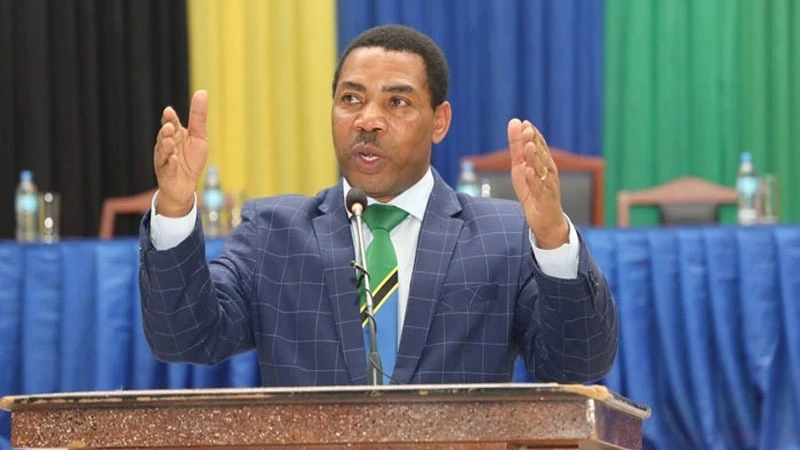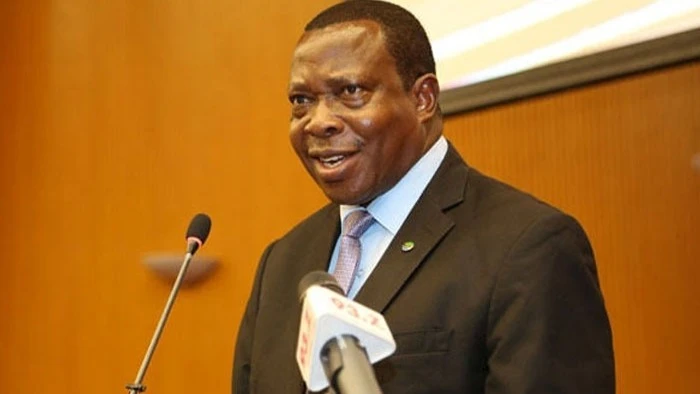Shared widely, 4Rs can uplift the Union

PRESIDENT Samia Suluhu Hassan devoted a portion of her remarks during Union Day appearances, both the televised address and at Dar es Salaam’s Uhuru Stadium grand ceremony, to the importance of the 4Rs meant to fashion the country’s future.
Each of the 4Rs has its stalwarts and critics and it is admittedly these differences that characterise government action on a routine basis as officials can set out action presumably on the basis of the 4Rs but too often pushing in a different direction.
The reason is that there is a welter of reference points in what this or that social group wishes to see as policy, and 4Rs is just one of them.
The president said that Tanzania needs to stick to the 4Rs, representing reconciliation, resilience, reform and rebuilding, as policy based on those parameters is best tuned for current social, political and economic demands.
The 4Rs had enabled a push to overhaul the criminal justice system, guarantee freedom of expression and allow political parties to operate freely.
Even more significant was that dialogue and engagement have led to changes to key electoral laws, political party statutes and reconstituting Electoral Commission membership or responsibilities even if certain political actors might not be impressed.
The reason is that political formations have age-old preferences, whether as proper parties or as loose alliances across the board often identified with the popularity of this or that political leader, activist organisation or even media outlets.
When Ali Hassan Mwinyi assumed the Tanzania presidency in late 1985 and then in the early 1990s he had occasion to preach the philosophy that “each epoch has its book”.
This was partly drawn from the scriptures and meant to mean that prophets had distinct ‘books’ for their specific epochs.
The issue still rings as to the relevance of all the ‘books’ we have had, from Africanisation, revolution, socialism, the free market, privatisation, you name them. 4Rs are caught up in this sharp contention.
Trouble is when considerable lessons of history are put aside due to sentimental identification with one or other ‘book’, for instance the refusal to admit that some of what we sought to do as “socialists” just would not work to satisfaction.
All the same, it was useful experience – and had lessons from which we have learned an immense lot as a united nation that has just marked its 60th birthday.
Top Headlines
© 2024 IPPMEDIA.COM. ALL RIGHTS RESERVED

















